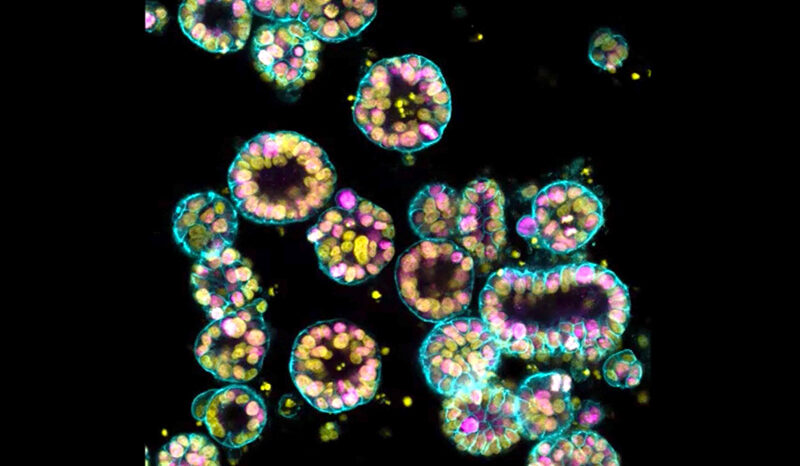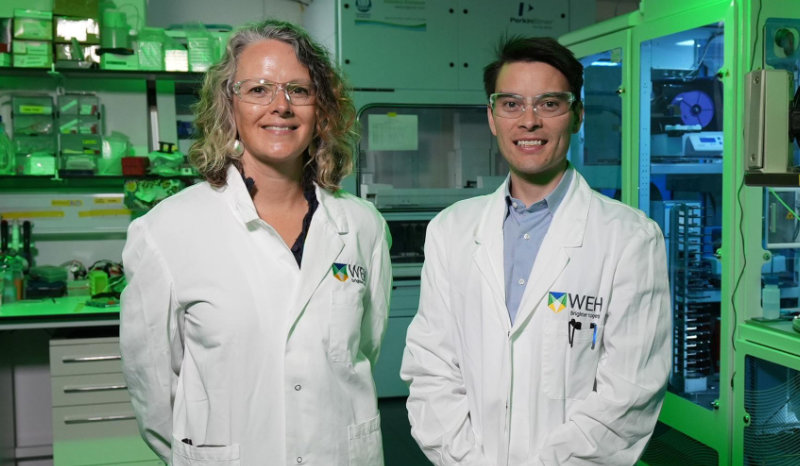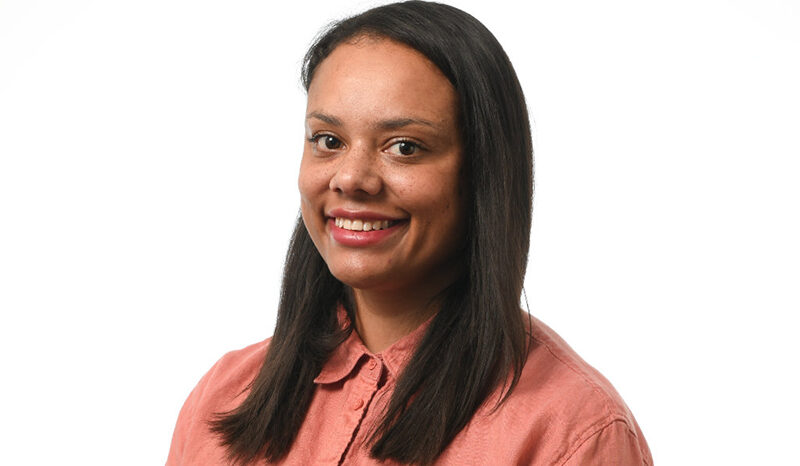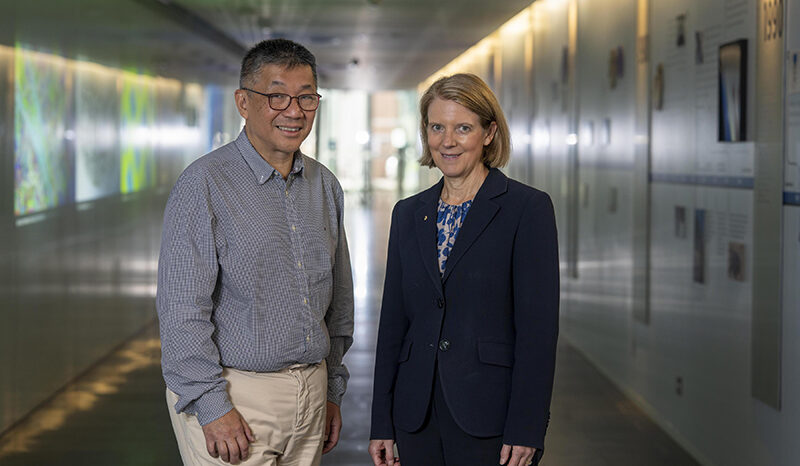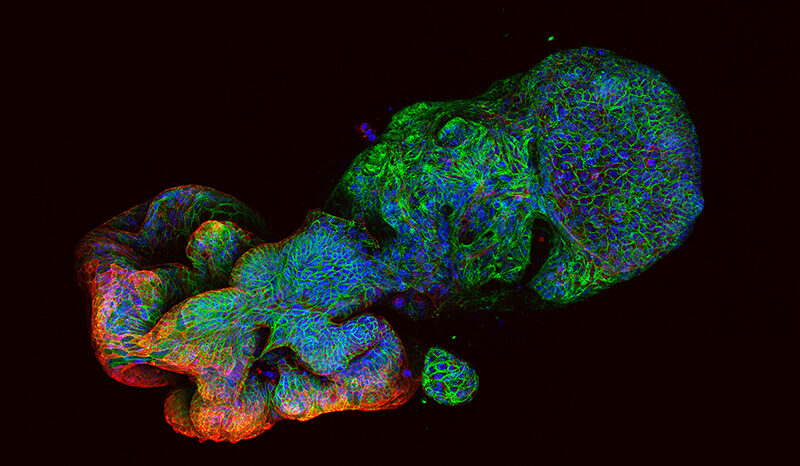New antibody therapies
Scientists from WEHI and the Doherty Institute have found monoclonal antibodies that can block the SARS-CoV-2 virus from entering cells – the first step in the infection cycle – in preclinical models of COVID-19 infection.
Antibodies are naturally occurring proteins that play a crucial role in our immune system’s ability to recognise and fight infections.
“Our research indicates that these monoclonal antibodies are leading candidates to be developed into a treatment for COVID-19,” said Professor Wai-Hong Tham, who co-led the study.
Monoclonal antibodies have emerged as powerful therapeutics both to prevent and treat a range of diseases including cancer, inflammatory and autoimmune conditions. The treatment could be particularly useful in preventing severe COVID-19 disease in older people and those who are immunocompromised.
This research is part of a consortium-led effort bringing together Australian academic and industry leaders in infectious diseases and antibody therapeutics at WEHI, the Doherty Institute, the Burnet Institute, the Kirby Institute, CSL, Affinity Bio and CSIRO.
“We aim to understand the duration of protective immunity to the virus and new variants, and to establish factors that contribute to both protective and waning responses.”





